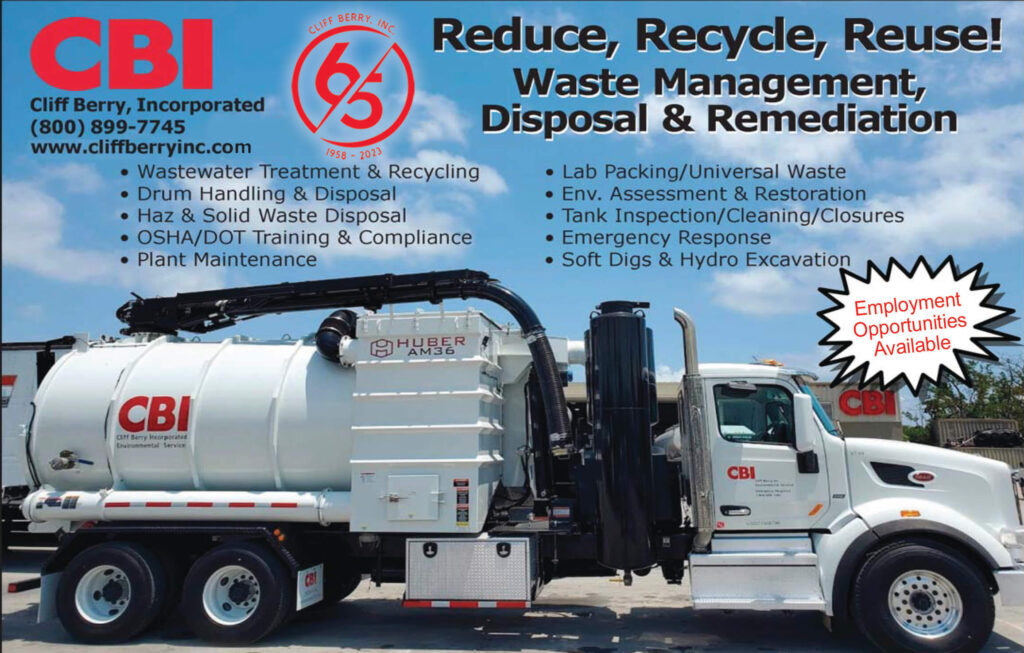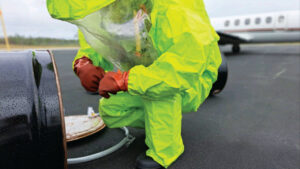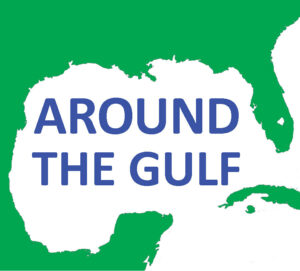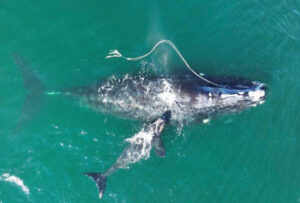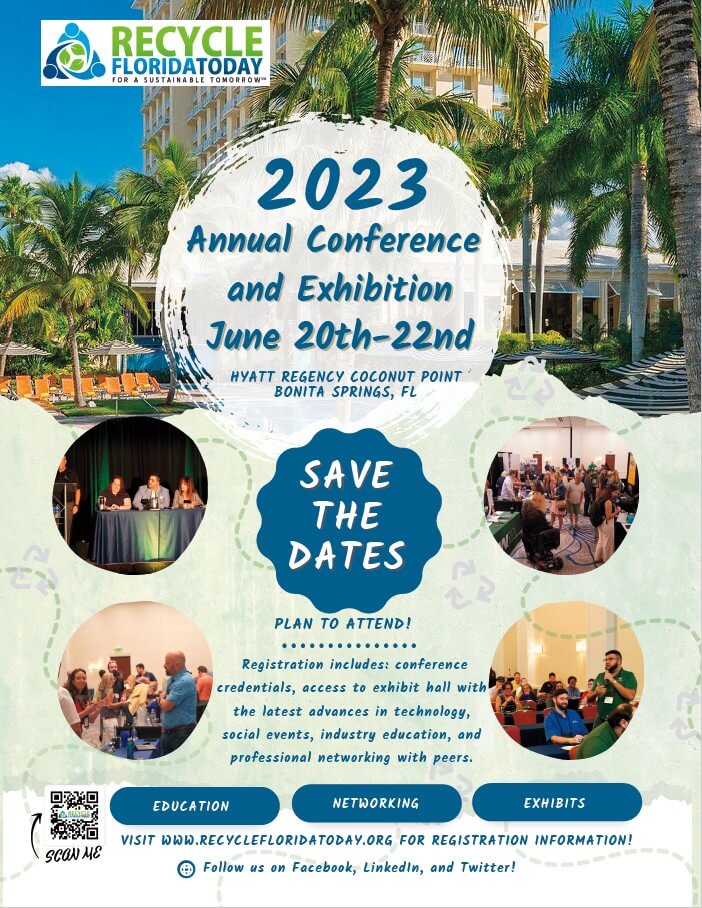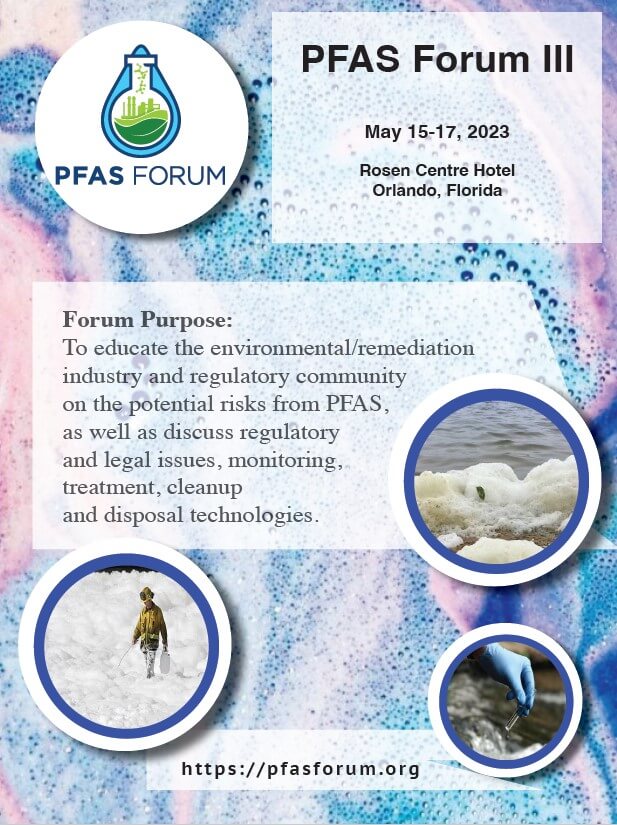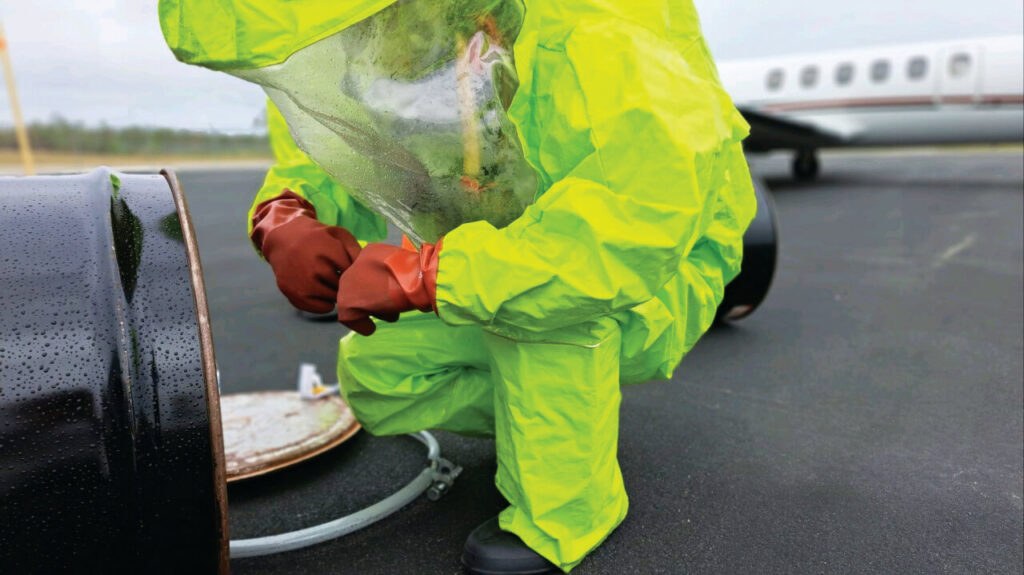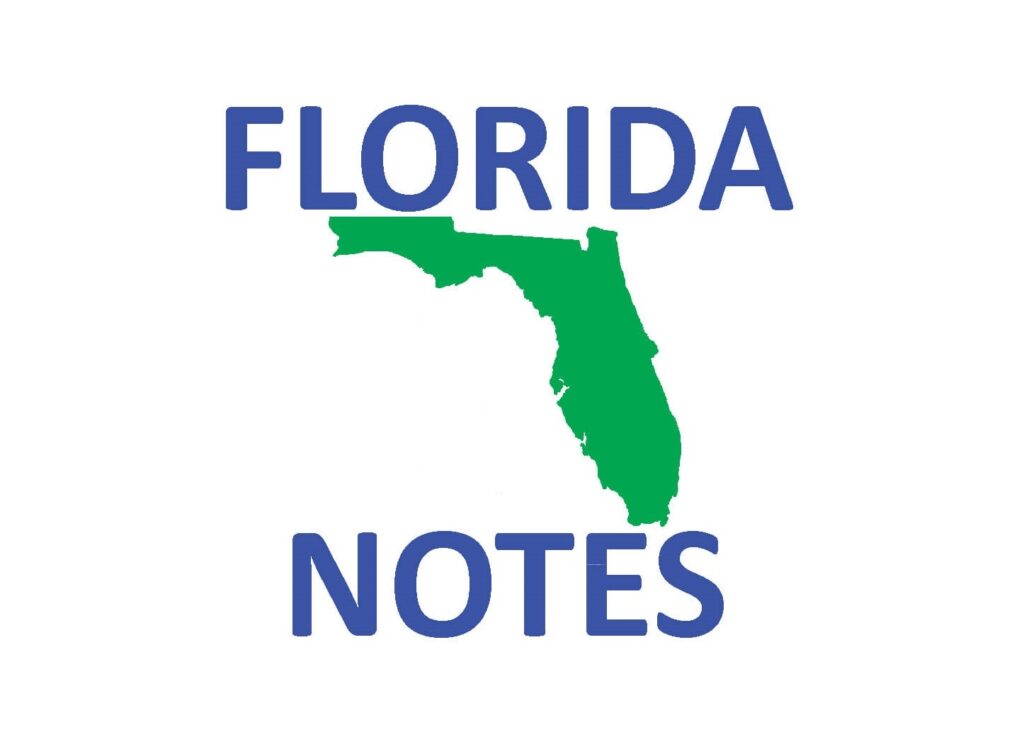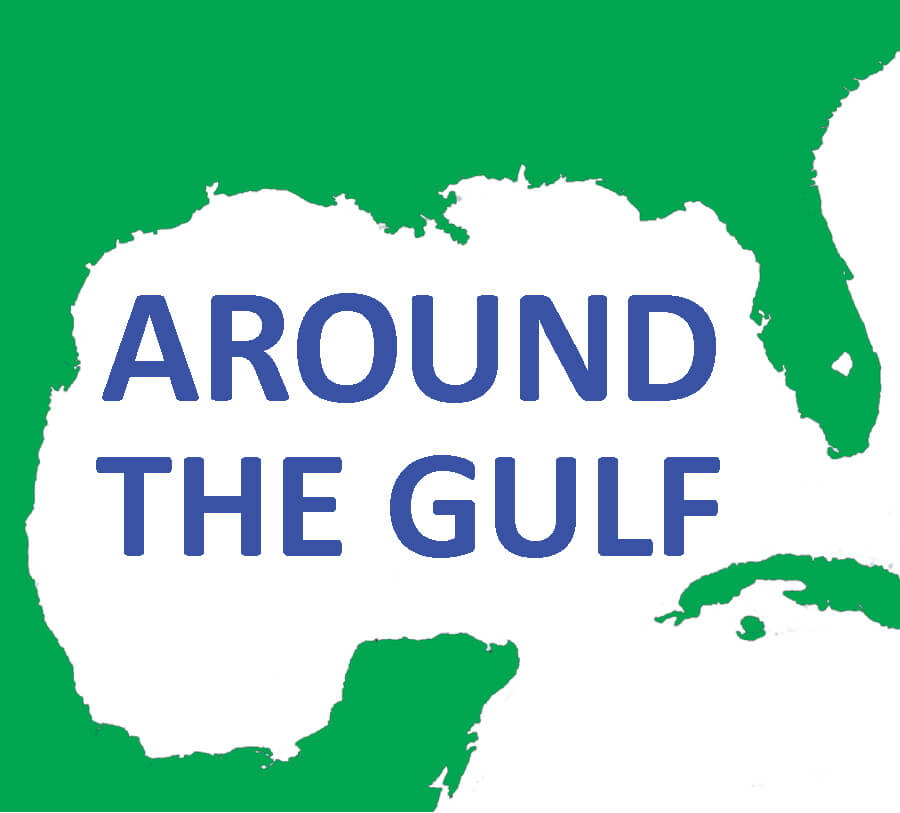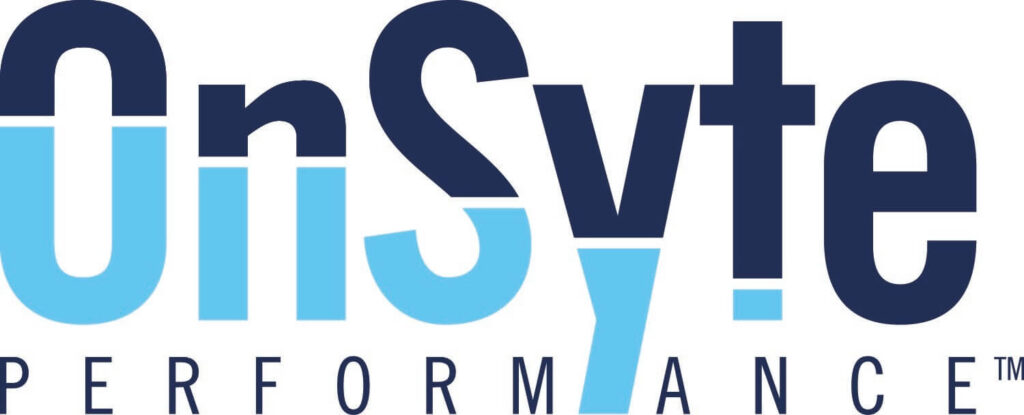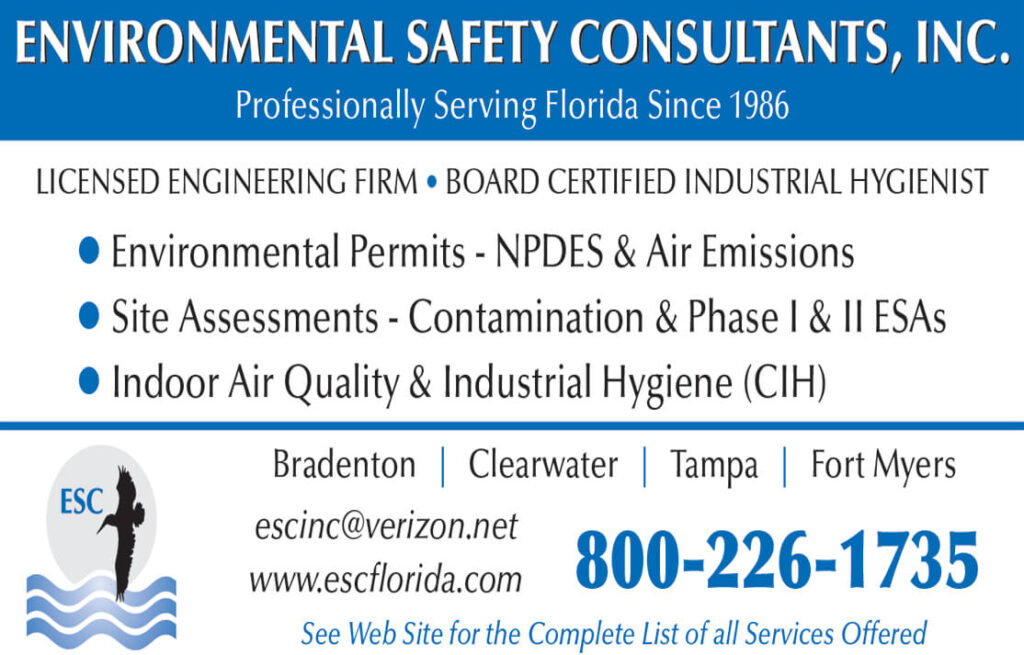By CANDIS WHITNEY,
Organizer for the Amelia Island Conservation Network
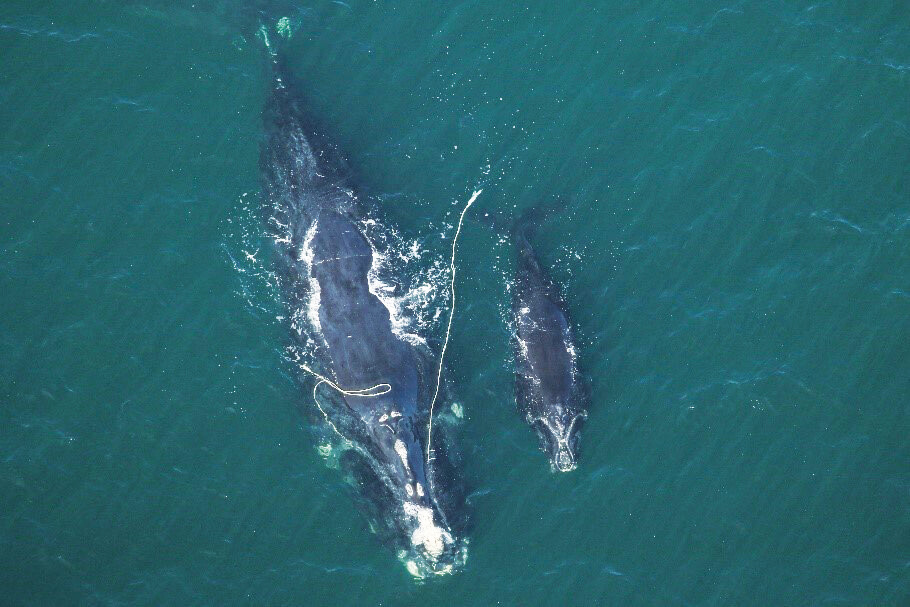
As we are in the midst of calving season for the critically endangered North Atlantic Right Whale, I can’t help but think of Snow Cone. Right Whale 3560, nicknamed Snow Cone for her markings that resemble the summertime treat, is a Right Whale that I had the privilege of watching nurture and play with her baby calf off the coast of Florida just last spring.
Sadly, I am unlikely to see Snow Cone or her calf again. This past September, she was seen in extremely poor health, entangled in new fishing gear while still carrying gear from a previous entanglement.
Numerous attempts to help disentangle her failed. Perhaps most tragic of all, her calf, too young to survive without its mom, was nowhere to be found.
Snow Cone is not alone in her experience. While migrating from their winter calving grounds in Florida to their feeding grounds in New England and Canada, Right Whales must navigate dense commercial fishing areas.
Too often, they become entangled in the vertical ropes that connect buoys on the surface to lobster and crab traps on the seafloor.
Once entangled in vertical buoy lines, whales swim with attached gear for long distances, ultimately resulting in fatigue, compromised feeding ability, or severe injuries that lead to reduced reproductive success and painful, protracted deaths.
Entanglements are the greatest threat to North Atlantic Right Whales and have affected nearly all of the (only) 340 remaining, with over half having been entangled multiple times. Nearly two-thirds of known Right Whale deaths in the past six years were from serious injuries due to fishing gear entanglements.
With just 70 reproductively active females left in a population which has already declined by 30% during the past ten years, the Right Whale is on the knife-edge of extinction . . . and entanglement is about to push them over the edge.
The situation is so dire, a federal court last year ordered the National Oceanic and Atmospheric Administration (NOAA) to craft new rules protecting the Right Whale from fishing entanglement by blocking-off roped fishing where these whales are present. However, Sen. Susan Collins (Maine), with the support of Sens. King (Maine) and Schumer (New York), as well as Maine’s Gov., Janet Mills, quietly worked to attach a rider within the Fiscal Year 2023 Omnibus spending bill, overruling the court order and delaying the Federal Government from enacting these rope fishing restrictions until Dec. 31, 2028.
Some experts are saying this last-minute policy change, if left in place, is the death-blow that will cause the Right Whale to go extinct. Their numbers are too few and they are reproducing too slowly to survive another six years of mothers dying while trying to rear calves.
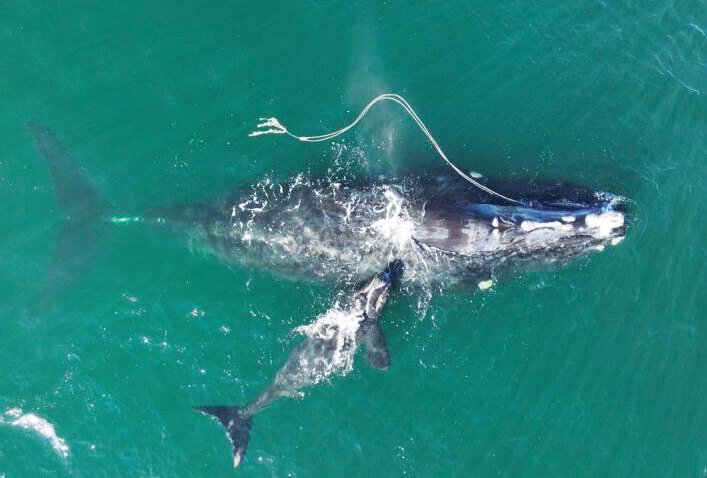
Supporters of the Collins provision say the bill could, in the long run, be helpful because it authorizes $40 million over 10 years toward expanding rope-less technologies.
However, there is no guarantee these funds will be appropriated. This “authorization” merely sets the money aside in case a future Congress decides to fund this proposal.
Furthermore, rope-less technology doesn’t need 10 years of research for implementing.
The technology exists today and is already commercially in use. Collins’ provision harms the good fishing companies while protecting and giving a market advantage to those fisheries unwilling to make the investment and do their part to prevent an entire whale species from going extinct.
Finally, and most importantly, six years of research will do nothing to save a species that is likely to become functionally extinct before that time.
A six-year delay in rules preventing rope entanglement will likely lead to dozens more entanglement deaths, something these whales likely cannot withstand without going extinct.
In this calving season, 12 new whales have been born. This is exactly what these whales need to have a real fighting chance for survival. Unfortunately, as we’ve seen with Snow Cone, these calves and their mothers could die mere months from now due to entanglement. We are nearly out of time.
The only way the North Atlantic Right Whale can survive is if we stop human-caused deaths today, not six years from now.
It is my hope that Congress will undo this extinction-causing rule that was quietly snuck into the Omnibus that Congress passed during the waning days of December 2022. In response, Rep. Raul Grijalva (D-Ariz.) introduced the RESCUE Whales Act into Congress aimed at repealing this section of the 2022 omnibus bill. https://defenders.org/newsroom/defenders-of-wildlife-applauds-new-bill-rescue-endangered-north-atlantic-right-whale.
Please support this new bill by contacting your Representative today as it is my sincere hope that future generations will have the opportunity to witness the beauty of the North Atlantic Right Whale, free from entanglements.●

Candis Whitney owned and operated a 114-slip marina in Northeast Florida for 32 years, with a passion for marine life and offshore sailing. Currently, she serves as an organizer for the Amelia Island Conservation Network, the Right Whale Festival, and on the Board of Wild Amelia.







